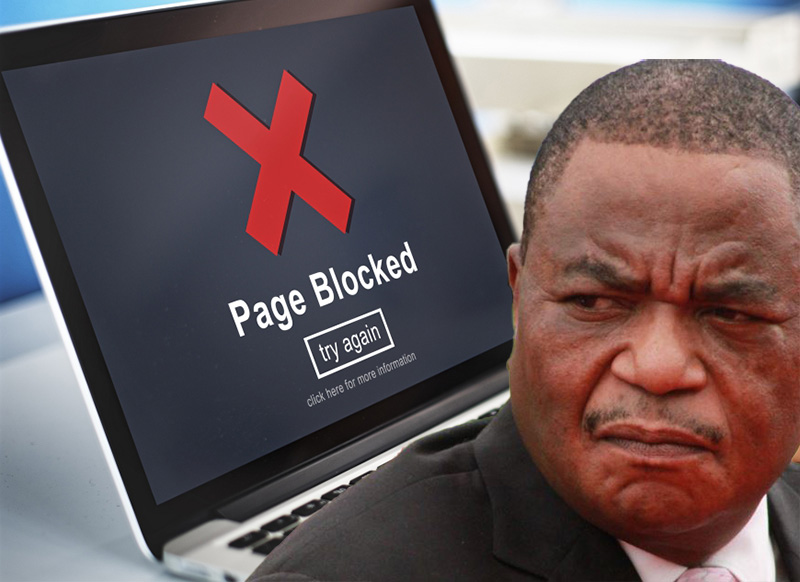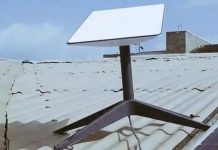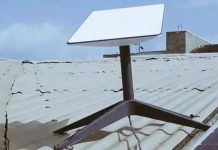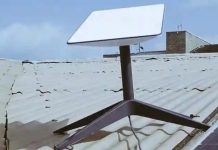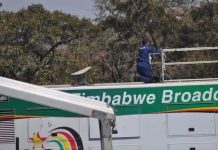TODAY, we discuss the legality of the recent shock total blockade of the Internet and subsequent limitation of service to the exclusion of social media sites Facebook, YouTube, WhatsApp and Twitter, among others. If ever there was something that hurt the emotions of an entire nation in one fell swoop, it was that. On January 15, 2019, all Internet services across the country were switched off under government instructions.
The switch-off happened on the second day of the three-day shutdown called for by the Zimbabwe Congress of Trade Unions in protest against government’s shock fuel price increases by 230% on the preceding Saturday night.
Yes, in certain circumstances as legal necessity requires. The Act allows lawful interception through a number of activities such as the establishment of a Monitoring Interception of Communications (MICC). Section 5 allows for certain named authorised senior government personnel to apply to the responsible minister for a warrant to intercept communications.
No! The government does not have a central switch to the Internet gateway. It relies on the compliance and co-operation of ISPs and a provision in the Interception of Communications Act to compel ISPs to comply with its directives or instructions. ISPs could have chosen to disregard the directive because there is no legal justification to compel them to switch off services entirely. There is not a single provision allowing total blockade.
However, there are issues we the public are not privy to that motivated and compelled all the ISPs to comply with the government directive. This suggests coercion and force because it is not feasible that all the country’s ISPs would have complied at once without difficulty, particularly when nothing in the law forces them to switch off services completely. Furthermore, if aggrieved by any decision, they can seek redress through the Administrative Court.
Who is liable for the losses I incurred?
Your ISP. The majority of affected consumers have service contracts with their ISPs in which they pre-pay for service and are, therefore, owed availability of service. Many people purchased daily and weekly bundles for the use of WhatsApp, Facebook and Twitter, which have lapsed. Consumers have a right to a refund or other commensurate recompense. Consumers have a contract with their ISP and not with government. They should claim with their ISP, particularly given that the ISP had no obligation to listen to an illegal directive.
In what way is the directive illegal?
The definition of interception in the Act is limited to listening to, recording, or copying the whole or parts of the communication. This is done only where there are reasonable grounds to believe that crimes have been committed during the exchange of communications using the Internet that threatened public safety or national security. The definition of interception makes no mention of blocking, switching off, controlling or limiting communications as was done. Interception is strictly limited to the given definition in the act therefore the minister has no such unlimited powers.

